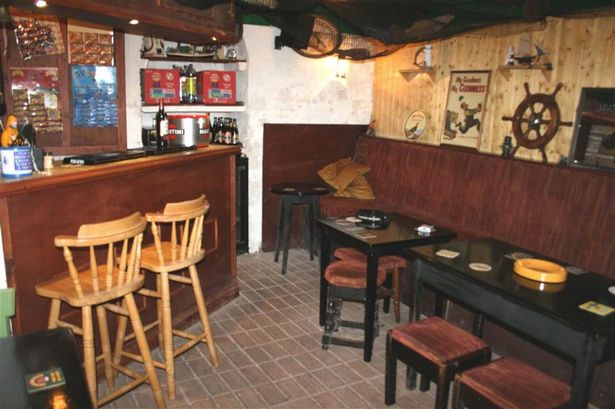Report Calls for Powers to be Devolved to London to Solve Housing Crisis
Local authorities must be given more powers over house building in London if the capital is to overcome its housing crisis, according to a new report.
The London Housing Commission, lead by Lord Kerslake, states that rogue landlords should be forced to bring their rental properties up to a decent standard or have these homes banned from the market.
The report, released today, puts forward a number of proposals to solve London’s housing crisis.
It claims that all London boroughs should be able to set up their own landlord licensing schemes and use the fees to increase enforcement activity in the private rental sector.
The London Housing Commission insists that London needs a “radical devolution” deal if it is to overcome the severe lack of housing.

Report Calls for Powers to be Devolved to London to Solve Housing Crisis
In return for greater powers over borrowing, property taxes and the planning system, the Mayor of London and local authorities would have to make a joint commitment to deliver significantly higher numbers of new homes, it says.
The report believes that devolving powers from central government to London boroughs could double the number of new homes built in the capital every year to 50,000.
It adds that London should be able to retain a significant portion of Stamp Duty money to fund house building.
The London Housing Commission would also like to see local authorities able to set Council Tax premiums on empty and second homes.
Lord Kerslake, the Chairman of the London Housing Commission, comments: “London is facing a housing crisis of unprecedented proportions brought about by a chronic under-supply of new housing. It needs urgently to be building far more houses of all types and tenures.
“The only route to building substantially more homes in London is to give the capital’s leaders more direct responsibility over the key levers, such as land use, planning rules, housing standards, property taxes and investment, and holding them accountable for delivery.”1
The Head of Policy at the Royal Institution of Chartered Surveyors (RICS), Jeremy Blackburn, responds to the report: “There is no doubt that London faces a housing crisis. As we have always said, the solution relied on all parts of the housing sector firing on all cylinders to deliver all kinds of new homes from Government-funded social housing to private new builds.
“Critically, new and replacement social homes must have protection from Right to Buy in London.”
But Blackburn does not support all of the commission’s plans. He has criticised the proposal to allow councils to set up their own landlord licensing schemes.
He explains: “Though we agree with the London Housing Commission that poor quality homes and rogue landlords need to be addressed, the introduction of individual licensing schemes for each borough would place additional regulatory burdens on landlords and local authorities.
“They would also penalise those that are providing a good service, creating a fractured regulatory framework and hindering institutional investment in the private rented sector.”
However, he does praise some elements of the report: “Given the failure of central government to deliver enough genuinely affordable new homes, a move to devolve powers and responsibility to front line local authorities will help solve some of the issues that are currently blocking the supply of homes.”1
Do you believe that these proposals would help solve the London housing crisis?
1 http://www.cityam.com/236061/london-housing-commission-calls-for-devolution-to-solve-chronic-lack-of-house-building








